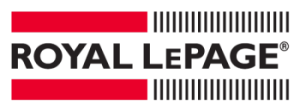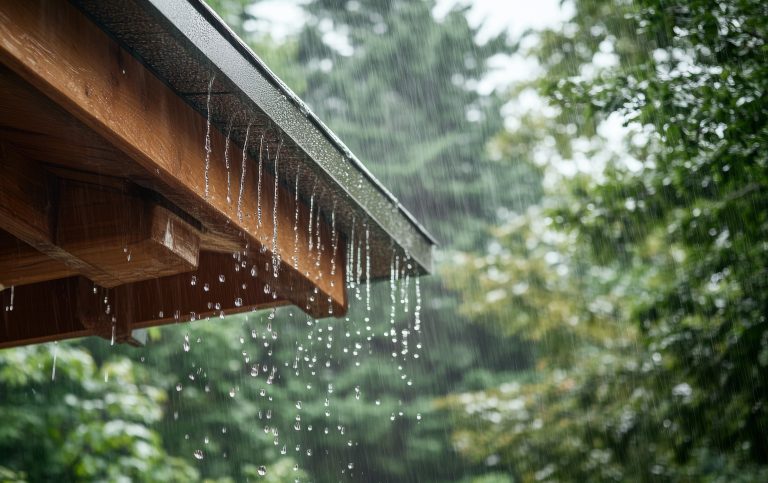
The arrival of warmer weather and longer days is a welcome sign for many Canadians – especially those eager to return to their cottages. With the Victoria Day long weekend fast approaching (often seen as the unofficial start of summer), thousands are preparing to unlock the cabin doors and breathe new life into their seasonal properties.
But before you can fully relax at the lakeside, there’s a bit of work to be done. If your cottage was unoccupied during the winter months, it’s important to give it the care and attention it needs to ensure a safe and comfortable season ahead.
Here are a few helpful tips to make reopening your cottage as smooth as possible.
Start the reopening process before you arrive
A successful cottage reopening starts before you even set foot on the property. In the weeks leading up to your trip, take time to reconnect with service providers and double-check key maintenance items.
Contact your utility companies to reinstate services like electricity, internet, propane and gas. If you paused trash collection or water delivery, now’s the time to get those back in motion. Schedule a chimney sweep and, if your property has a septic tank or outhouse, book a cleaning or inspection to make sure everything’s functioning safely.
Also take a moment to review your cottage insurance policy, as well as coverage for boats, trailers or recreational vehicles. Make sure everything is up to date before opening weekend.
Don’t forget to pack your reopening essentials: keys, tools, cleaning supplies, flashlights, batteries, light bulbs, and even pest control products can save you an unexpected trip into town.
Take a walk around the property
Upon arrival, do a thorough walk about your lot to look for signs of weather damage. Inspect the roof for missing shingles, blocked gutters, leaks or any branches that may have fallen during the winter. On the ground, keep an eye out for signs of rot on your deck or siding, broken windows or wildlife that may have made their way indoors during the winter.
Once inside, inspect your cottage for dampness, pests or unpleasant odours. Get some fresh air running through your cottage and flush out any stale smells by opening all of the windows and doors. This is also a good opportunity to look for any mould or mildew that may be lurking around window sills and entryways. If there is any serious damage to the property, be sure to alert your insurance provider immediately.
Safely restore water and power
When your initial inspection is complete, it’s time to restore your essential utilities.
For water, start by checking that pipes are intact and free of cracks caused by freezing. Reconnect any pipes that were disconnected in the fall, then proceed to fill your water heater and replace filters if needed. Once the main water valve is turned on, allow water to run through a tap to flush the lines.
Keep in mind: some cottages rely on lake-drawn water or well systems, which may require extra care or professional servicing.
Before flipping on the power, inspect your electrical meter and exterior power lines for signs of damage. Once you’re in the clear, turn on the main breaker and test appliances, outlets and lights room by room to make sure everything is running smoothly.
Get your outdoor spaces summer-ready
Don’t forget to give your exterior living spaces some love. After months of snow, your yard, dock, and deck will likely need some cleanup before they’re ready for prime time.
Rake up fallen branches, leaves and debris from your lawn and garden beds. Trim overgrown shrubs and inspect trees for hanging limbs that could pose a safety risk. Check your dock for loose boards, exposed nails or signs of water damage, and make necessary repairs before jumping in.
Wipe down your outdoor furniture and inspect it for rust or wear. Bring out your BBQ or firepit, giving them a proper cleaning before use. If you store kayaks, paddleboards or canoes on-site, this is a good time to inspect them for cracks or mildew and refresh safety gear like lifejackets and paddles.
Adding fresh outdoor lighting or planting flowers can also help make your cottage feel inviting from day one.
Restock the essentials
Before you officially break out the Muskoka chairs and settle in, remember to check those smaller to-do items off your list. Ensure that your smoke alarms and carbon monoxide detectors have fresh batteries and replace the filter in your central air system if you have one. Don’t forget to refill fire extinguishers and top up the first aid kit with new supplies before you kick back and relax.
Looking for insights into Canada’s most popular cottage country markets? Check out the latest findings in the Royal LePage 2025 Spring Recreational Property Report.







